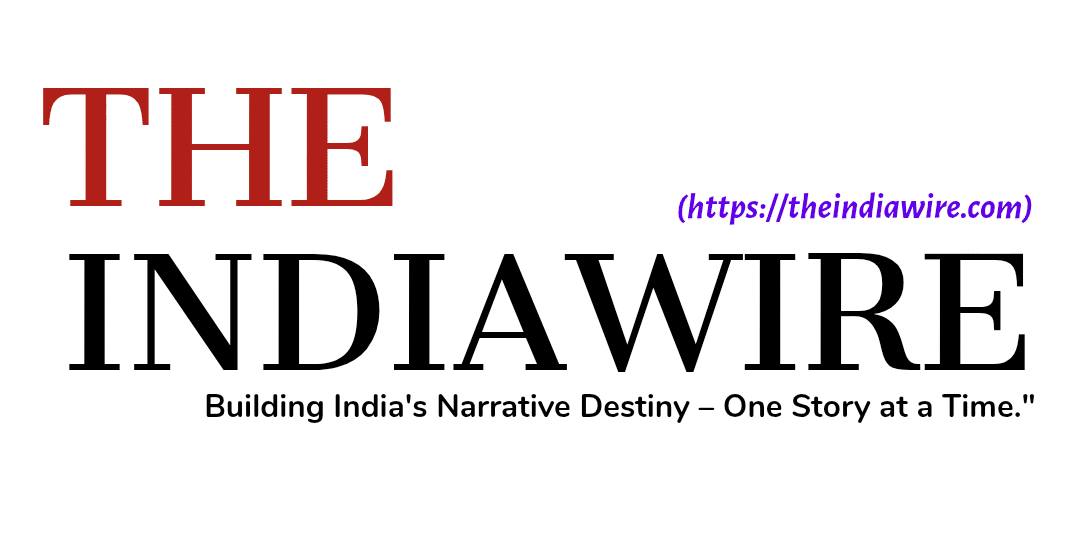September 23, 2025
Every Navratri, Vadodara transforms into a vibrant hub as the United Way of Baroda Garba Mahotsav draws over 40,000 participants nightly to the sprawling M.M. Patel Farm in Atladara. Known as the world’s largest Garba event, this nine-night spectacle is a cornerstone of Gujarat’s cultural calendar, but its commercial engine is impossible to ignore. With ticket sales, corporate sponsorships, and global affiliations, the event raises a critical question: Is the Garba Mahotsav primarily a fundraising powerhouse for United Way of Baroda and its parent, United Way Worldwide, or does it retain its cultural essence?
The Financial Machine: Turning Dance into Dollars
The Garba Mahotsav is a meticulously organized operation, generating substantial revenue through mandatory entry passes—₹1,750 for women and ₹4,300 for men in 2025. With nightly attendance exceeding 40,000, ticket sales alone amass crores over the festival’s nine days. Add to this the contributions from over 150 corporate sponsors and individual donors, and the event emerges as a financial colossus. Past editions have channeled these funds into local initiatives—education, healthcare, and livelihoods—supporting over 300,000 lives annually through United Way’s Indian network. The Vishnubhai Amin Orphan and Destitute Project, for instance, has aided 15,227 children since 2006 with school supplies and support programs.
The event’s scale is unmatched, held on a 100,000-square-foot arena recognized by the Limca Book of Records as the largest Garba ground. Organizers leverage this grandeur to attract a diverse crowd, from teenagers to seniors, ensuring high turnout and revenue. The 2025 edition, running from September 22 to October 1, features live performances by the Rutumbara Group, a draw that boosts ticket demand. An eco-friendly Garba app promoting carpooling further modernizes the experience, subtly aligning with corporate social responsibility trends to attract sponsors.
Global Connections: The United Way Worldwide Link
As India’s first United Way chapter, established in 1986 with backing from the Baroda Citizens Council, United Way International, and UNICEF, United Way of Baroda is part of a global network spanning 1,800 communities across 41 countries, raising $5 billion annually. Local chapters operate as independent nonprofits but pay membership dues to United Way Worldwide for brand licensing and operational support, calculated as a percentage of funds raised. This connection sparks skepticism: How much of the Garba Mahotsav’s revenue flows to the global parent?
Critics point to United Way Worldwide’s past controversies, such as the 2021 sexual harassment scandal that led to CEO Brian Gallagher’s resignation, to question the parent organization’s motives. Social media platforms like X amplify these concerns, with some users labeling the event “over-commercialized” and calling for boycotts, though such voices remain a minority. Transparency reports counter these claims, asserting that funds primarily support local projects, with dues enabling access to global expertise. No concrete evidence suggests large-scale fund diversion, but the high ticket prices and corporate sheen fuel perceptions of a profit-driven spectacle.
A Cultural Facade?
While the event retains Garba’s traditional elements—dancers in chaniya cholis, synchronized dandiya steps, and devotion to Goddess Amba Mata—its commercial framework overshadows the spiritual. The mandatory passes, steep for many, are justified as necessary for safety and scale, yet they exclude those unable to afford entry, prompting complaints that “Garba is becoming an elite affair.” Pritiben Patel, chairperson of United Way of Baroda, defends the pricing, noting the logistical demands of hosting 34,000 dancers on opening night alone, despite challenges like muddy grounds. Social media buzz, with viral threads capturing 70,000+ participants, underscores the event’s appeal but also its marketability as a global cultural phenomenon.
The event’s fusion of culture and commerce is deliberate. Organizers frame it as “culture with purpose,” where every ticket sold supports initiatives like health camps and income-generation programs. Yet, the sheer scale—100+ local NGOs supported, disaster relief efforts funded, and a polished digital presence—suggests a strategic pivot toward maximizing revenue. The Garba Mahotsav has become a brand, its cultural roots leveraged to drive a philanthropy machine that resonates locally and globally.
The Bottom Line
The United Way of Baroda Garba Mahotsav is a commercial triumph, transforming a traditional dance into a revenue-generating spectacle that funds impactful community programs. While its cultural and devotional roots remain, they serve as a vibrant backdrop to a sophisticated fundraising operation. The event’s ability to draw massive crowds, secure corporate backing, and align with United Way’s global mission underscores its financial prowess. Whether this commercial tilt overshadows its heritage is a matter of perspective, but one thing is clear: In Vadodara’s Navratri nights, every twirl is a transaction for a cause.
For tickets and details, visit unitedwaybaroda.org.
